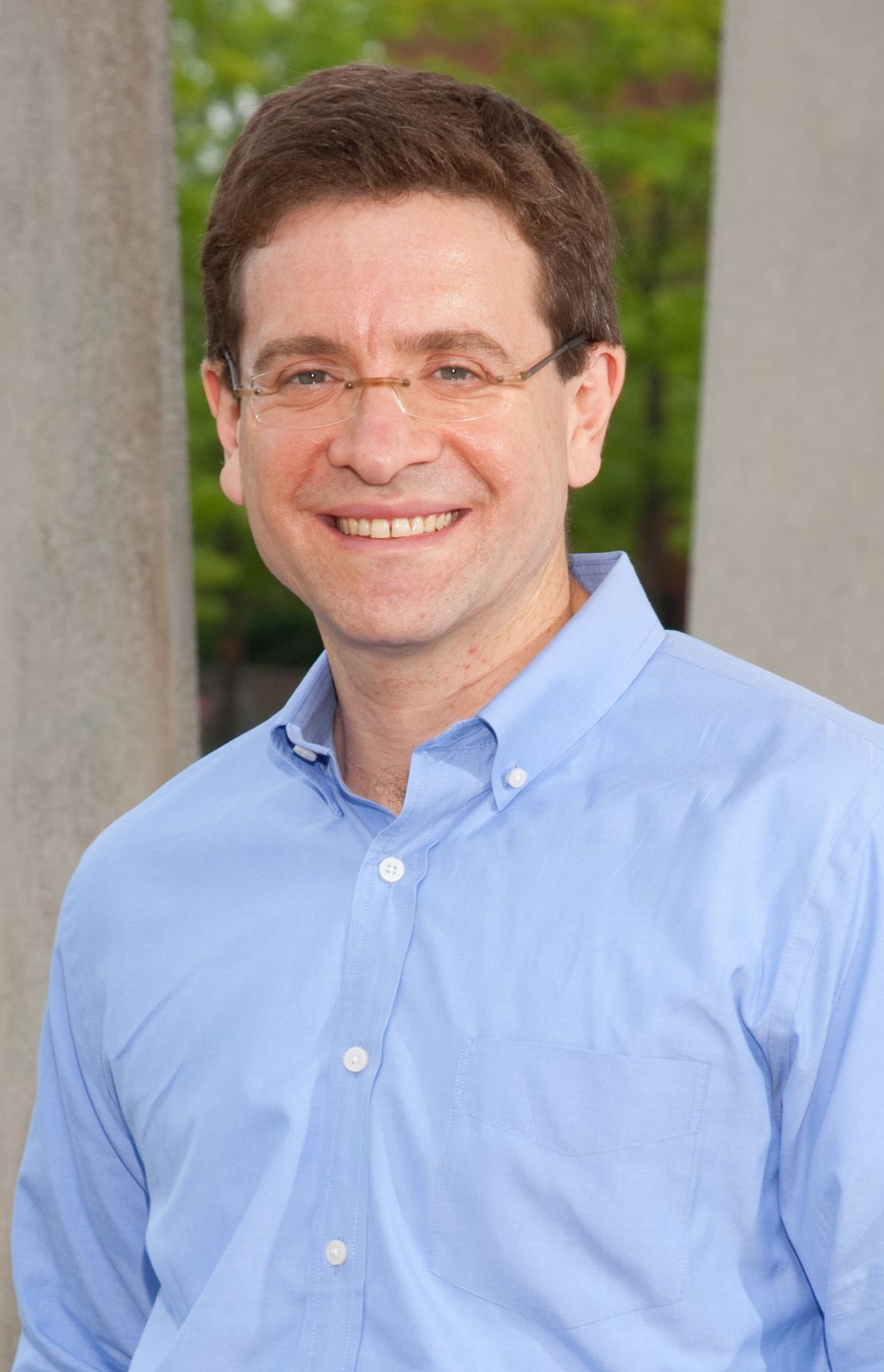Editor’s Note: Julian Zelizer is a professor of history and public affairs at Princeton University. He is the author of “Jimmy Carter” and of the new book “Governing America.”
Story highlights
Julian Zelizer: Many people dismiss the conventions as useless relics
He says the events are completely scripted, yet they still play a role in the process
Conventions help focus the public's attention on the race, he says
Zelizer: Conventions can provide a platform to vault people onto national stage
It’s easy to understand why so many observers don’t think that party conventions matter any more.
The upcoming conventions will be completely scripted.
All of the major decisions have been made long before a convention even begins. The entire event, very little of which will even be shown on broadcast television networks, is of much less interest to most Americans than reality television shows about dysfunctional families or carefree youth enjoying time at the beach.

The convention is choreographed like a slick commercial. One Republican, who helped put together the 2004 convention in New York, said, “I don’t frankly see the point of spending millions and millions of dollars that amounts to a TV set that gets used for one night.”
Long gone are the days when conventions played a central role in shaping a political party. The famous era of the smoke-filled back rooms, where party bosses selected a candidate, are simply memories. Gone are the years when parties battled over platforms, with delegates feeling that the specific words contained in the document said something about what parties stood for. Gone are the dramatic floor fights that captured the nation’s attention, such as when Fannie Lou Hamer and the Mississippi Freedom Democratic Party challenged the seating of the all-white delegation from their state in 1964.
Yet party conventions still matter and have a role in national political debate.
One reason is the acceptance speech by the party nominee, which remains a key test of readiness for the White House. After all, one of the biggest duties of a president is to deliver effective televised addresses, particularly in times of crisis but also on major issues of the day.
From John F. Kennedy’s famous address to the nation at the height of the Cuban missile crisis in 1962 to President Barack Obama’s speech in Cairo, Egypt, in 2009 about the role of the U.S. overseas, speeches are one of the main ways presidents connect with the public. In an era when voters have fewer opportunities to see candidates in person, the acceptance speech has value by providing voters an opportunity to see firsthand how a candidate will perform when faced with this kind of high-stakes challenge.
The debate leading up to the convention, heavily scrutinized by the media, provides an opportunity for voters to read and hear discussions about important questions – who are the main figures in a party and why are others irrelevant? What issues should be part of the discussion and what should be excluded? What tone should the parties take toward the opposition? Who is financing the event?
The recent debates among Democrats, for instance, over a plank in the platform endorsing same-sex marriage gives some evidence as to how many in the party are feeling about this controversial issue.
Even the choice of speakers is meant to send signals. Democrats will highlight Bill Clinton to remind voters that Democrats have been the party of economic growth, and to make clear to the GOP that Obama is prepared to engage in tough partisan warfare. The choice of the Democratic keynote speaker, San Antonio Mayor Julian Castro, is a statement about the party’s interest in reaching out to Latino voters. For their part, Republicans are expected to announce Monday that convention speakers will include former Secretary of State Condoleezza Rice, New Mexico Gov. Susana Martinez and South Carolina Gov. Nikki Haley.
And we’ve learned that conventions create a forum to showcase the talent of the future on a national stage.
Obama stunned the nation in 2004 by giving a powerful piece of oratory that stole the thunder of the nominee and showed how a then-inexperienced politician could shine on the national stage. He delivered a message that resonated with many voters who were sick of the polarization that bogged down Washington.
Conventions also still matter because they serve as a focusing event for a nation that doesn’t like politics and is normally too busy multitasking to pay attention to what goes on in Washington.
Although there has been ample coverage of the campaign, the fact is that a majority of voters have not yet really focused on the election or the candidates. The party conventions serve as an “opening bell,” signaling that the time has come to start considering the choices before them. While most of the nation has probably made up its mind on whether to vote Republican or Democratic, the conventions can prove particularly important to independent and undecided voters.
Follow @CNNOpinion on Twitter.
Join us at Facebook/CNNOpinion.
The opinions expressed in this commentary are solely those of Julian Zelizer.



